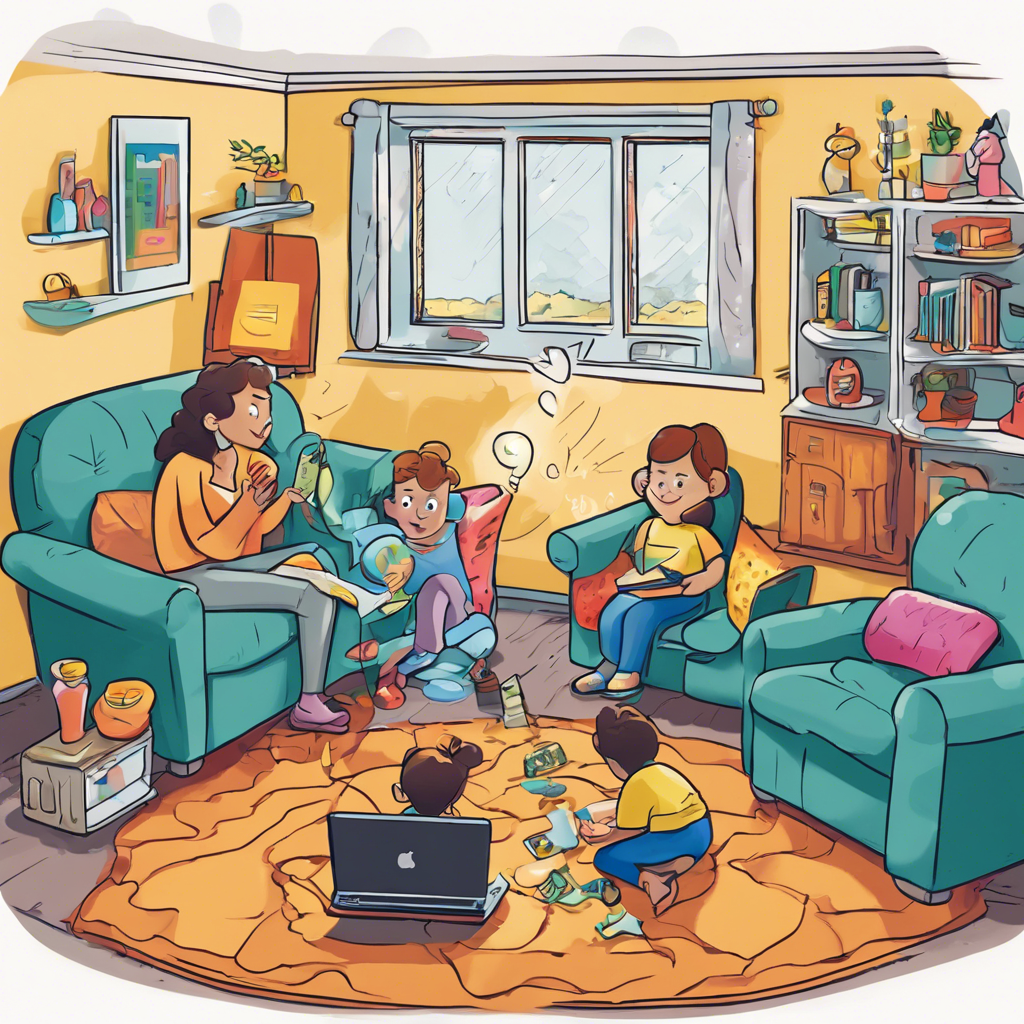How Do Cultural Attitudes Towards Food Impact Dietary Restrictions During Travel?
Gathering question image...
Introduction
Understanding cultural attitudes towards food is essential for travelers, especially when navigating dietary restrictions. These cultural nuances impact food choices and can enhance your travel experience by helping you respect local customs and make informed decisions about what to eat.
Cultural Perspectives on Food
Food transcends mere nourishment; it embodies identity, beliefs, and traditions. Various cultures maintain distinct attitudes toward food that influence dietary habits, preferences, and restrictions. For instance, vegetarianism is embraced in some traditions for ethical or religious reasons, while it may be seen as unconventional in others. Acknowledging these cultural food norms is vital for travelers aiming to honor local customs and avoid misunderstandings with hosts or dining companions.
- In India, a significant portion of the population follows vegetarian diets based on Hindu beliefs, which profoundly shapes the region's culinary landscape. Jain communities adhere to strict vegetarian practices that further influence food preparation and consumption.
- In Muslim-majority countries, halal dietary laws prohibit pork and specify that meat must be processed following Islamic regulations, ensuring ethical treatment through proper slaughtering methods.
Navigating Dietary Restrictions While Traveling
As you travel, it's important to recognize how different cultural attitudes towards food might affect your ability to manage dietary restrictions. Each country has unique food customs that can present challenges or surprises. Here are effective strategies to navigate dietary restrictions when traveling abroad:
- Conduct thorough research on the local food culture prior to your journey to establish what dining options will be readily accessible and identify any potential challenges related to your dietary requirements.
- Familiarize yourself with basic phrases in the local language that pertain to your dietary restrictions, as this will aid in effective communication at restaurants and with food vendors, ensuring your needs are understood.
Conclusion
In conclusion, cultural attitudes towards food profoundly influence dietary restrictions while traveling. By gaining awareness of these cultural practices and preparing adequately, travelers can savor diverse culinary experiences while simultaneously adhering to their dietary preferences.
Expert Quote
Dr. Paul Rozin, Professor of Psychology at the University of Pennsylvania
Food serves as a medium for cultural expression, influencing not just our eating habits but also shaping our perceptions and interactions in diverse cultural environments.
Rozin, P. (2018). Food and Culture: A Psychological Perspective. Cambridge University Press.
Relevant Links
The Factors That Influence Our Food Choices | Eufic
https://www.eufic.org/en/healthy-living/article/the-determinants-of-food-choiceMaternal food restrictions during breastfeeding - PMC
https://pmc.ncbi.nlm.nih.gov/articles/PMC5383635/Social, behavioural and other determinants of the choice of diet ...
https://www.healthknowledge.org.uk/public-health-textbook/disease-causation-diagnostic/2e-health-social-behaviour/social-behavioural-determinantsAccess to Foods That Support Healthy Dietary Patterns - Healthy ...
https://odphp.health.gov/healthypeople/priority-areas/social-determinants-health/literature-summaries/access-foods-support-healthy-dietary-patternsFood consumption in the UK: Trends, attitudes and drivers
https://www.rand.org/content/dam/rand/pubs/research_reports/RR4300/RR4379/RAND_RR4379.pdfMost popular questions

How Do The Personal Relationships Among Gods Affect Their Decisions In The Iliad?
The intricate relationships among the gods in Homer's epic poem 'The Iliad' play a crucial role in shaping their actions and decisions. These divine interactions create a complex web of fates, where each god's personal alliances and rivalries directly influence the events of the mortal world.

What Strategies Can Parents Use To Educate Their Children About Online Safety Beyond Privacy Settings?
In today's digital landscape, teaching children about online safety is essential for their protection and well-being. While privacy settings play a critical role, parents can implement various strategies to create a thorough understanding of online safety principles among their children.

What Are The Different Types Of Insulation Materials Commonly Used In Buildings, And How Do They Compare In Terms Of Thermal Resistance?
Insulation materials are vital for enhancing energy efficiency in residential and commercial buildings by minimizing heat transfer. Understanding the various insulation types can lead to better choices for thermal resistance and overall comfort.
Most recent questions

What Are The Psychological Effects Of Celebrity Endorsements In Advertising Across Different Industries?
Celebrity endorsements have emerged as a key strategy in marketing and advertising, profoundly impacting consumer behavior across multiple sectors. By delving into the psychological effects of celebrity endorsements, we gain valuable insights into how they influence consumer perceptions and purchasing choices, making them an essential element of effective marketing strategies.

How Do Immersive Technologies Alter The Ways In Which Consumers Engage With Brands In Comparison To Conventional Marketing Strategies?
Immersive technologies, including virtual reality (VR) and augmented reality (AR), are significantly transforming consumer engagement strategies across various industries. These advanced technologies facilitate interactive environments, allowing consumers to engage with brands and products in dynamic ways that traditional marketing methods cannot achieve.

What Strategies Can Independent Filmmakers Use To Effectively Interpret Social Media Engagement Metrics?
Independent filmmakers can significantly enhance their outreach by leveraging social media to connect with potential audiences. A strong grasp of social media engagement metrics is crucial in measuring success and optimizing future marketing strategies for films.